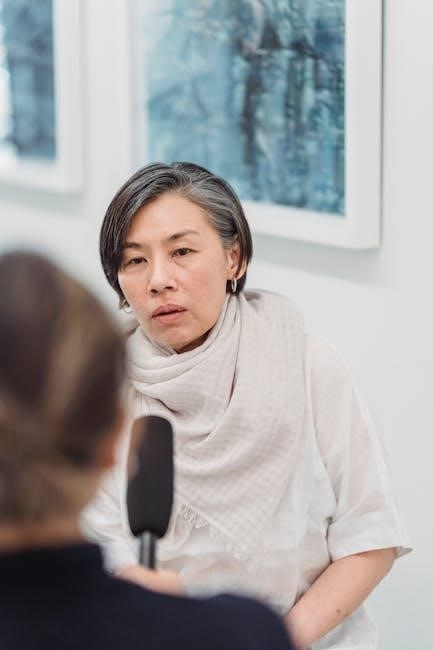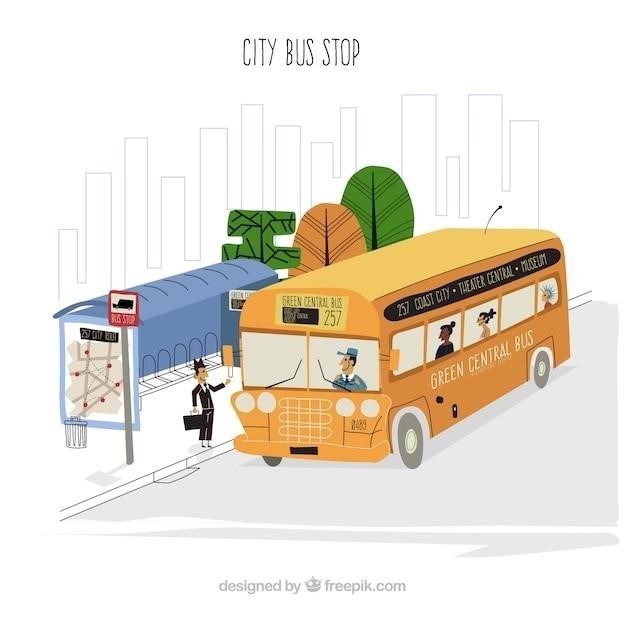This guide provides essential F1 student visa interview questions and answers, helping applicants prepare effectively. It covers common topics, real-life examples, and tips to boost confidence and understanding of visa expectations.
1.1 Overview of the F1 Student Visa
The F1 student visa is a non-immigrant visa allowing international students to pursue academic studies in the United States. It is issued to students enrolled in approved educational institutions, ensuring they maintain full-time student status. The visa requires proof of financial stability and intent to return home after completing studies. Understanding its regulations is crucial for compliance and avoiding complications during the visa process or stay in the U.S.
1.2 Importance of Preparing for the Visa Interview
Preparing for the F1 visa interview is crucial for a successful application. It ensures applicants can confidently address questions about their study plans, academic background, and financial stability. Proper preparation helps demonstrate genuine intent to study in the U.S. and return home after graduation. Without adequate preparation, applicants risk rejection, often due to insufficient documentation or unclear responses. Understanding common questions and practicing answers boosts confidence and ensures compliance with visa expectations, making the process smoother and increasing chances of approval.
1.3 Benefits of Using a PDF Guide for Interview Preparation
A PDF guide for F1 visa interview preparation offers a comprehensive and organized approach to understanding common questions and answers. It provides a portable resource that can be accessed anytime, allowing applicants to practice and review responses thoroughly. The guide often includes real-life examples, tips, and strategies to address challenging questions confidently. By using a PDF guide, applicants can ensure they are well-prepared, reducing anxiety and increasing their chances of a successful interview. It serves as a valuable tool for focused and effective preparation.
Common F1 Visa Interview Questions
Common F1 visa interview questions focus on study plans, academic background, financial stability, and post-graduation intentions. These questions help assess eligibility and genuine intent to study in the U.S;
2.1 Study Plans and University Choice
Questions about study plans and university choice are common in F1 visa interviews. Applicants are asked to explain why they selected a specific program and institution, how it aligns with their academic and career goals, and what they plan to achieve. They may also be queried about their knowledge of the university’s curriculum, faculty, and resources. Demonstrating clear, well-researched reasons for their choice and a genuine intent to study is crucial. This helps establish credibility and a focused academic plan.
2.2 Academic Capability and Preparation
Visa officers often assess an applicant’s academic capability by reviewing their transcripts, test scores, and research experience. Questions may focus on the applicant’s academic background, their choice of courses, and how they are prepared for their chosen program. Demonstrating a strong understanding of the field and clear academic goals is essential. Applicants should be ready to discuss their achievements, relevant skills, and how their academic preparation aligns with their future studies in the U.S. This helps establish their credibility and seriousness about pursuing higher education.
2.3 Financial Stability and Sponsorship
Proving financial stability is crucial for F1 visa approval. Applicants must demonstrate sufficient funds to cover tuition, living expenses, and other costs. Common questions include details about bank statements, scholarships, or sponsorships. Officers may ask about the source of funding, ensuring it aligns with the I-20 form. Applicants should clearly explain their financial resources and how they plan to manage expenses. Discussing sponsorship, if applicable, and highlighting any scholarships or assistantships can strengthen their case. Transparency and detailed documentation are key to showing financial preparedness for studying in the U.S.
2.4 Post-Graduation Plans and Intent to Return Home
Visa officers often inquire about post-graduation plans to assess intent to return home. Applicants should clearly articulate their future goals, such as working in their home country or applying U.S.-gained skills there. Discussing specific job opportunities, family commitments, or career aspirations can demonstrate strong ties. Realistic and detailed plans show commitment to returning, reducing concerns about immigration intent. Applicants must balance ambition with a clear connection to their home country to align with visa requirements and expectations.
Be concise, honest, and confident. Understand the officer’s perspective, focusing on ties to your home country and clear academic goals. Practice mock interviews to improve clarity and composure. Understanding the visa officer’s perspective is crucial for a successful interview. Officers assess eligibility, intent to return home, and genuine academic plans. They seek clarity on financial stability, academic preparation, and personal motivations. Demonstrating honesty, confidence, and clear goals builds trust. Be prepared to explain why you chose the program, your career aspirations, and how studying in the U.S. aligns with your future. Showcasing strong ties to your home country, such as family or job opportunities, reinforces intent to return. Practice articulating your thoughts concisely to address their concerns effectively. To deliver confident and clear responses, practice mock interviews and review common questions. Maintain eye contact, speak clearly, and avoid filler words. Be concise and direct, ensuring your answers address the officer’s concerns. Show enthusiasm for your program and future goals. Honesty and transparency are key; avoid exaggerations. Use specific examples to illustrate your points, such as academic achievements or career plans. Stay calm and composed, even when faced with unexpected questions. Preparation and positivity significantly enhance your credibility and confidence during the interview. Avoid common mistakes like lack of preparation or dishonesty. Ensure all documents are organized and easily accessible. Be honest about your intentions, financial status, and academic goals. Avoid memorized answers; instead, speak naturally. Do not underestimate the importance of understanding Section 214(b) and its implications. Stay calm and composed, even if questioned intensely. Avoid arguing with the officer; instead, clarify doubts politely. Preparation and honesty are key to a successful interview. Avoiding these mistakes increases your chances of a positive outcome. The F1 visa interview requires careful preparation, including gathering necessary documents and understanding the role of the visa officer. Section 214(b) implications must be addressed to prove strong ties to your home country, ensuring temporary intent. Proper documentation and clear communication are crucial for a successful outcome. For an F1 visa interview, essential documents include a valid passport, I-20 form, admission letter, financial statements, and proof of sponsorship. Additionally, students must bring academic transcripts, test scores, and a SEVIS fee receipt. Ensuring all documents are complete and organized is critical for a smooth process. Proper documentation demonstrates eligibility and commitment, increasing the likelihood of approval. Always verify the latest requirements with the embassy or consulate to avoid delays. The visa officer evaluates eligibility for the F1 student visa, ensuring compliance with U.S. immigration laws. They assess the applicant’s intent to study, financial stability, and plans to return home. The officer reviews documents, asks questions, and makes decisions based on the information provided. Their role is critical in determining the authenticity of the application and the applicant’s credibility. Preparation and clear communication are key to a positive outcome, as the officer’s judgment significantly influences the approval process. Section 214(b) of the U.S. Immigration and Nationality Act requires visa applicants to prove strong ties to their home country, demonstrating intent to return after studies. Failure to satisfy this section often leads to rejection, as officers may doubt the applicant’s intent. It’s crucial to clearly articulate post-graduation plans and show financial, family, or professional ties. Preparing detailed explanations and evidence can help overcome this common hurdle, ensuring a smoother visa approval process and avoiding potential rejections based on this critical section. Real-life examples of F1 visa interviews reveal both successful approvals and challenging rejections. These cases provide valuable insights into what works and what to avoid. Many students have shared their successful F1 visa interview experiences at US embassies, highlighting well-prepared answers and confidence. For instance, a student heading to the University of Michigan-Dearborn received approval in under 45 seconds, demonstrating the impact of clear and concise responses. Another applicant in Chennai successfully navigated the interview by thoroughly researching their program and university. These examples emphasize the importance of being prepared, genuine, and ready to articulate academic and career goals effectively during the interview process. Rejected F1 visa applications often highlight common pitfalls, such as insufficient proof of financial stability or unclear study plans. A student faced rejection under Section 214(b) after a surprisingly technical interview, emphasizing the need to demonstrate strong ties to one’s home country. Another applicant lacked detailed knowledge of their program, leading to doubts about their preparedness. These cases underscore the importance of thorough preparation, clear documentation, and aligning academic goals with future intentions to avoid rejection and improve approval chances. A surprising interview question occurred at the Hyderabad Consulate, where a student faced unexpectedly technical queries after standard questions. This highlights the unpredictability of visa interviews. Applicants must be prepared to think critically and provide detailed, honest responses. Unique questions often aim to assess genuine intentions and depth of knowledge. Being well-informed about one’s program and goals is crucial. Such experiences remind applicants to anticipate unconventional queries and maintain composure, ensuring clear and confident communication during the interview process. Researching the university, practicing mock interviews, and understanding cultural differences are key steps to ensure confidence and clarity during the F1 visa interview process. Thoroughly researching the university and program is crucial for a successful F1 visa interview. Understanding the curriculum, faculty expertise, and campus resources demonstrates genuine interest and preparation. Highlighting specific courses or research opportunities aligns with academic goals. Knowing the university’s reputation and unique offerings, such as internships or cultural programs, showcases enthusiasm. This preparation helps answer questions confidently, proving the applicant’s commitment to their chosen program and institution. It also highlights how the program aligns with their career aspirations and personal growth. Mock interviews are an effective way to simulate real F1 visa interview scenarios, helping applicants build confidence and refine their responses. By practicing with friends, mentors, or online tools, students can improve their communication skills and clarity. Mock interviews allow applicants to anticipate and prepare for challenging questions, ensuring they articulate their study plans and goals clearly. This practice also helps in managing nervousness and maintaining a positive demeanor, which are critical during the actual interview. Regular practice enhances overall performance and readiness for the visa officer’s questions. Understanding cultural differences in communication is crucial for F1 visa interviews. American interviewers value directness, clarity, and conciseness. Applicants should be prepared to maintain eye contact, use formal language, and avoid overly casual tones. Cultural nuances, such as body language and tone of voice, can significantly impact the interviewer’s perception. Practicing communication styles common in the U.S. helps applicants present themselves confidently and professionally. This understanding ensures effective communication, aligning with the expectations of the visa officer and enhancing the likelihood of a successful interview experience. Proving financial stability is critical for F1 visa approval. Applicants must demonstrate sufficient funds to cover tuition, living expenses, and other costs. Common questions include explaining sources of funding, discussing scholarships, and providing documentation like bank statements or affidavits of support. Understanding financial requirements ensures a smooth interview process and strengthens the applicant’s credibility. Proving financial stability is a critical part of the F1 visa interview. Applicants must demonstrate they can cover tuition, living expenses, and other costs. Common documents include bank statements, affidavits of support, and scholarship letters. Officers assess financial credibility to ensure applicants can sustain themselves without violating visa terms. Clearly explaining funding sources and providing detailed documentation strengthens the case. Transparency and consistency in financial records are essential to avoid concerns under Section 214(b). Clearly explaining your sources of funding is vital during the F1 visa interview. Applicants must detail how they will cover tuition, living expenses, and other costs. Common funding sources include personal savings, family support, scholarships, or assistantships. Officers may ask for documentation, such as bank statements or award letters, to verify these claims. Applicants should be prepared to discuss each source in detail, ensuring transparency and consistency; This demonstrates financial responsibility and reduces concerns about potential visa violations under Section 214(b). A well-prepared explanation strengthens the credibility of the application. Discussing scholarship or assistantship opportunities is crucial during the F1 visa interview. Applicants should clearly explain how these funding sources contribute to their financial stability. Providing documentation, such as award letters or contracts, strengthens credibility. Visa officers assess these details to ensure compliance with Section 214(b), focusing on the applicant’s intent to return home. Highlighting specific roles or responsibilities tied to scholarships or assistantships demonstrates commitment and preparedness, enhancing the overall application. Academic and personal background questions assess an applicant’s motivation, educational history, and career goals. These questions help visa officers understand the applicant’s intent and preparedness for studying in the U.S. Visa officers often inquire about an applicant’s academic history to assess their qualifications and commitment. Questions may include GPA, academic achievements, and relevance of previous studies to the chosen program. Applicants should be prepared to discuss their academic background in detail, explaining how it aligns with their future goals. Demonstrating a clear understanding of their field and how it connects to their U.S. education plans is crucial. This helps establish credibility and seriousness about their studies, ensuring a positive impression during the interview. Visa officers often ask about personal motivation to understand the applicant’s drive for studying in the U.S. Applicants should explain how the U.S. offers unique academic opportunities, cultural exposure, and resources that align with their goals. Highlighting specific reasons, such as advanced facilities or renowned faculty, demonstrates genuine interest. Sharing personal aspirations, like contributing to their home country after graduation, showcases a clear vision. This helps establish sincerity and commitment to their educational pursuits, making their application more compelling and credible. Visa officers assess how an applicant’s academic goals align with their career aspirations to ensure their studies are purposeful. Applicants should clearly link their chosen program to future career plans, demonstrating how the U.S. education system will equip them with specialized skills. For example, a student pursuing engineering might highlight how advanced U.S. facilities will prepare them for innovation in their home country. This alignment shows focus, commitment, and a clear vision, making the applicant’s intentions more credible and convincing during the interview process. Applicants must be prepared to discuss why they chose a specific university, their knowledge of the program, and their awareness of campus resources and facilities. Be ready to explain why you selected a particular university, focusing on its academic reputation, program offerings, and alignment with your career goals. Highlight specific courses, faculty expertise, or research opportunities that attract you. Discuss campus resources, such as libraries, labs, or support services, and how they will aid your success. Mention the location’s advantages, like networking opportunities or cultural exposure. Show how the university’s environment will help you achieve your academic and professional aspirations, demonstrating a clear connection to your goals. Demonstrate detailed knowledge of your chosen program, including its curriculum, specializations, and faculty expertise. Highlight unique courses or research opportunities that align with your academic and career goals. Discuss how the program’s structure, such as internships or practical training, will enhance your skills. Mention any renowned professors or industry partnerships that make the program stand out. Show how the curriculum prepares you for your field and aligns with your aspirations, proving your genuine interest and commitment to the program. Be prepared to discuss your knowledge of the university’s resources, such as libraries, labs, and support services like academic advising or career centers. Highlight any unique facilities, such as research centers or innovation hubs, that align with your field of study. Mention extracurricular activities, cultural organizations, or student clubs that interest you. Demonstrating awareness of these resources shows your genuine interest in the university and how you plan to utilize them for academic and personal growth, which can positively impress the visa officer. After the interview, wait for visa approval and stamping. Check for errors in documents and prepare for travel, ensuring all requirements are met before your U.S. trip. After the F1 visa interview, the visa officer will inform you of the decision. If approved, your passport will be stamped, and you’ll receive it via courier. Processing times vary, but typically, it takes a few days. Once approved, review your visa for accuracy and ensure all details are correct. After receiving your visa, prepare for travel by ensuring your I-20, passport, and other documents are ready. Check for any travel restrictions and plan accordingly. Keep track of your visa expiration date for future planning. After a successful interview, the visa officer will approve your application, and your passport will be stamped with the F1 visa. This process typically takes a few days, though processing times may vary. Once approved, your passport will be returned via courier. Ensure all details on the visa are accurate, as errors could delay travel. The visa stamp serves as official permission to enter the U.S. and must be presented upon arrival. Keep your passport and visa safe, as they are essential for legal stay and re-entry into the country during your studies. After visa approval, ensure you have all necessary documents, including your passport with the F1 visa, I-20 form, and health insurance. Verify flight bookings and arrange accommodation. Carry proof of financial resources and academic records. Familiarize yourself with U.S. customs and cultural norms. Complete any required vaccinations and ensure your electronics meet U.S. standards. Activate international roaming for your phone, if needed. Arrive at least 30 days before classes to settle in. Stay in touch with your university for orientation details and updates. Plan for transportation from the airport to your destination.How to Answer F1 Visa Interview Questions Effectively

3.1 Understanding the Visa Officer’s Perspective
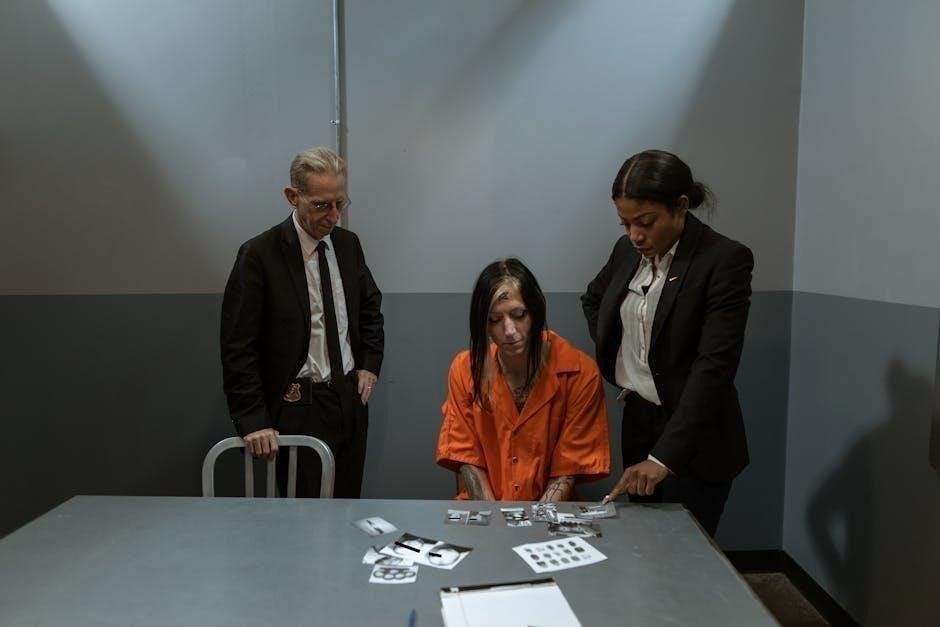
3.2 Tips for Confident and Clear Responses
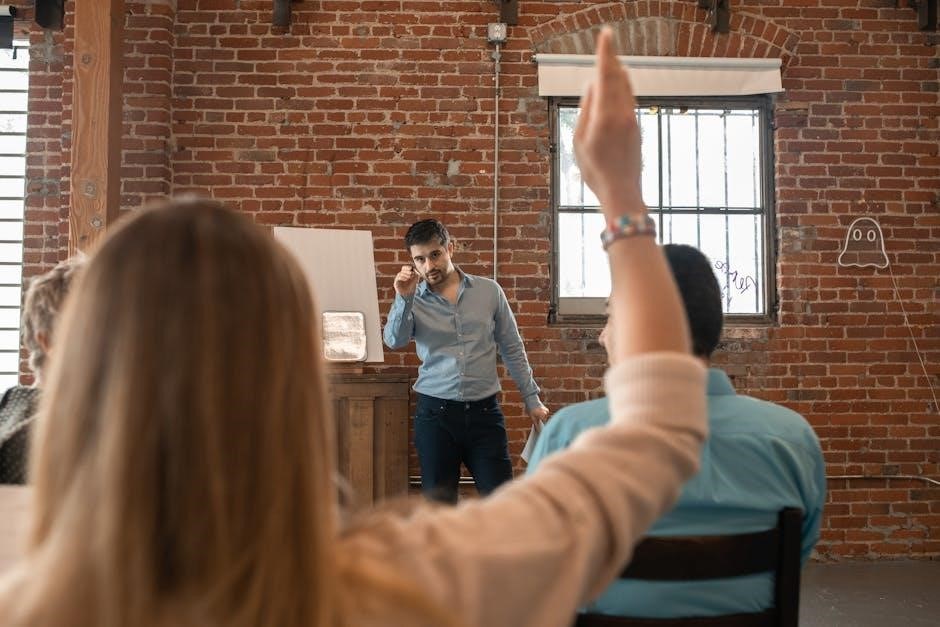
3.4 Avoiding Common Mistakes During the Interview
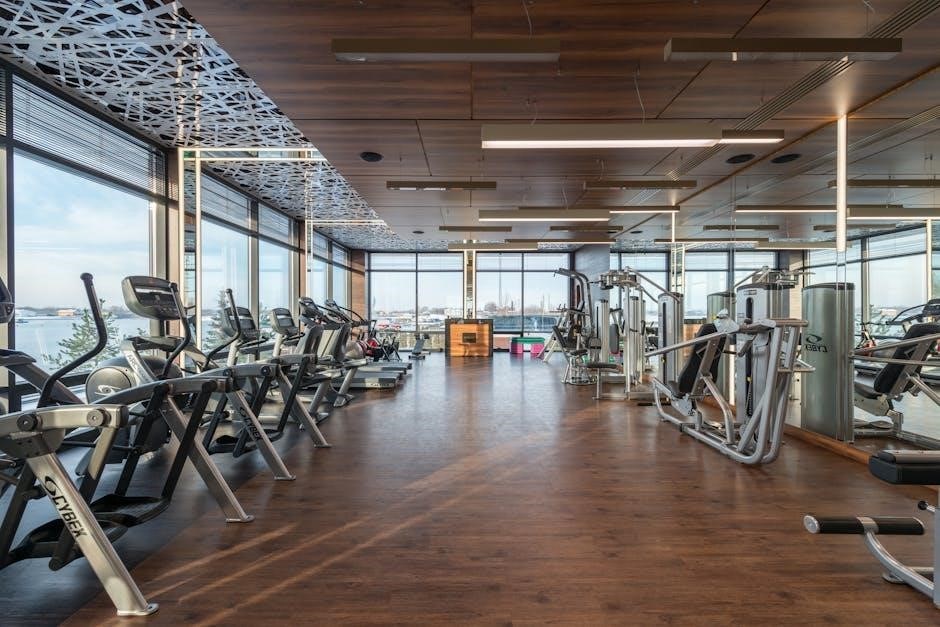
F1 Visa Interview Process and Requirements
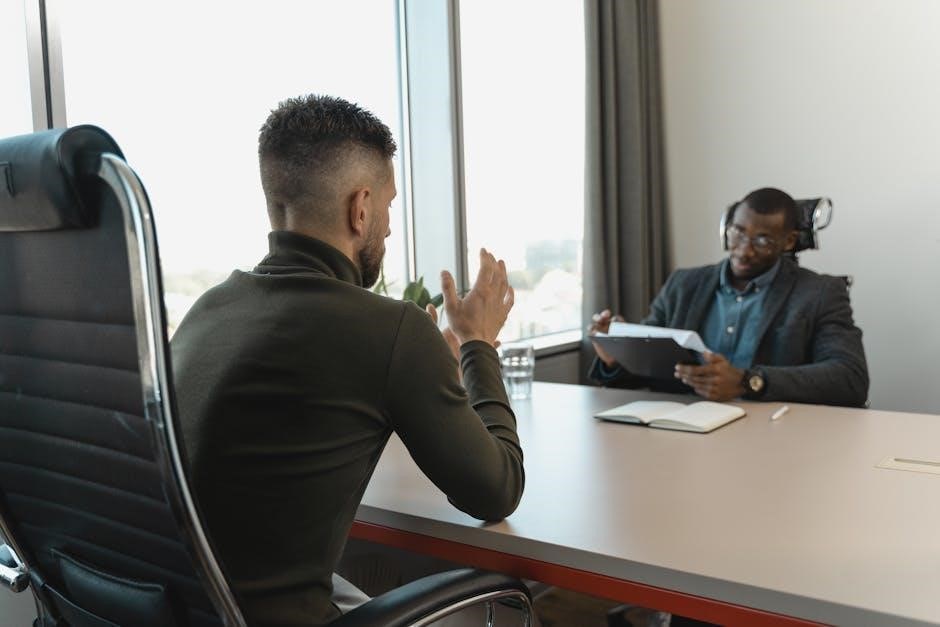
4.1 Documents Required for the Interview
4.2 The Role of the Visa Officer
4.3 Understanding Section 214(b) and Its Implications
Real-Life Examples of F1 Visa Interviews
5.1 Successful Interview Experiences at US Embassies
5.2 Lessons Learned from Rejected Applications
5.3 Unique or Surprising Interview Questions

Preparing for the F1 Visa Interview
6.1 Researching the University and Program
6.2 Practicing with Mock Interviews
6.3 Understanding Cultural Differences in Communication
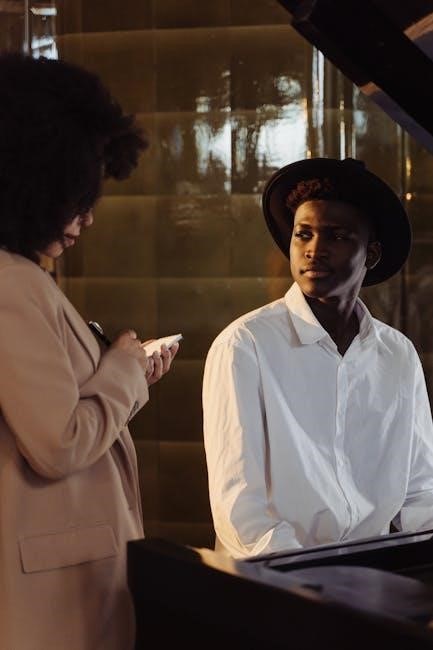
Financial Aspects of the F1 Visa Interview
7.1 Proving Financial Stability
7.2 Explaining Sources of Funding
7.3 Discussing Scholarship or Assistantship Opportunities
Academic and Personal Background Questions
8.1 Questions About Academic History
8.2 Personal Motivation for Studying in the US
8.3 Aligning Academic Goals with Career Aspirations

University-Specific Questions
9.1 Why Choose a Specific University?
9.2 Knowledge About the Program and Curriculum

9.3 Awareness of Campus Resources and Facilities
Post-Interview Procedures and Next Steps
10.1 What to Expect After the Interview
10.2 Understanding Visa Approval and Stamping Processes
10.3 Preparing for Travel to the United States
